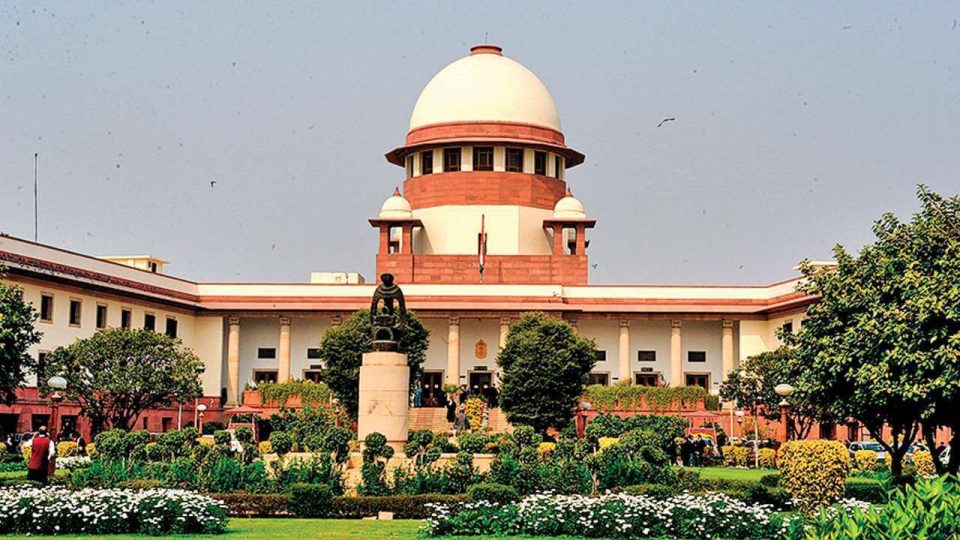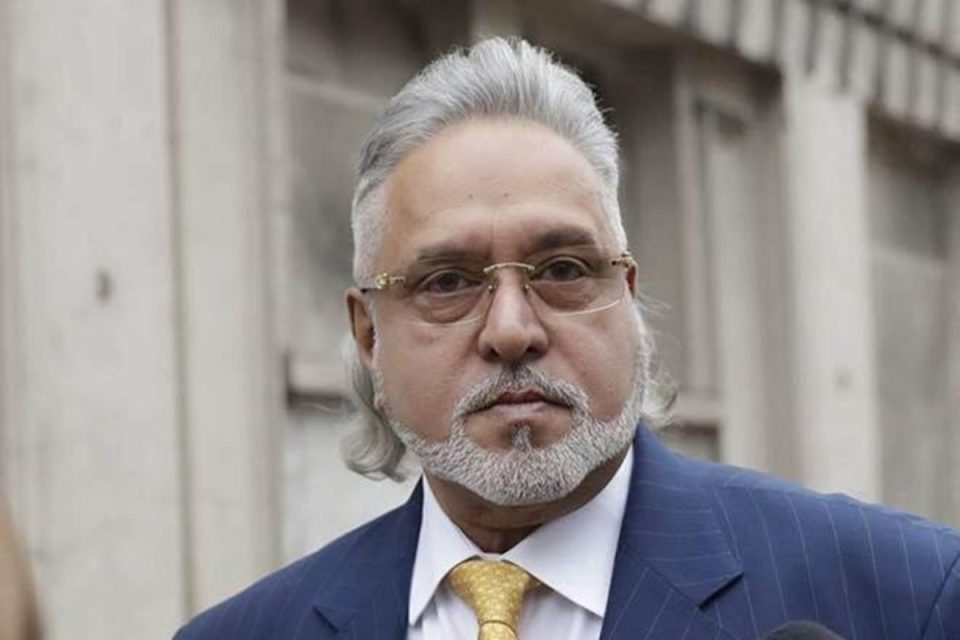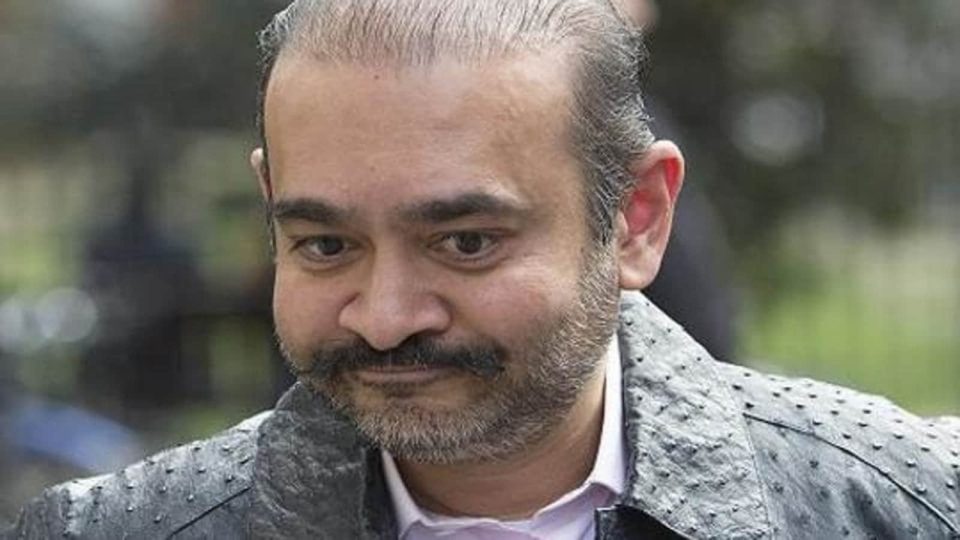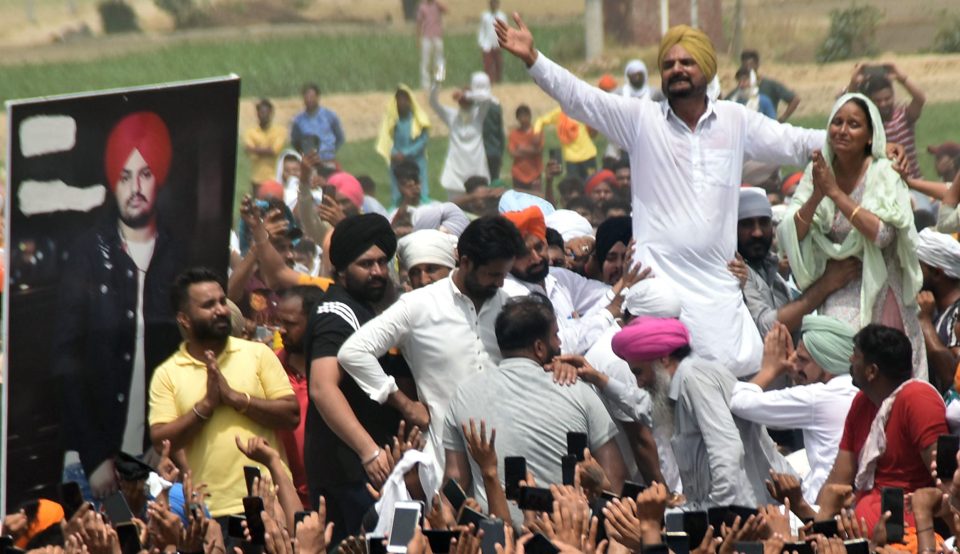On Monday, a five-judge Constitution bench of the Supreme Court supported the validity of the Constitution’s 103rd Amendment Act 2019, providing for the 10% EWS reservation in the general category. The bench upheld the validity of the law majority of 3:2, saying it does not violate the basic structure of the Constitution.
A five-judge Constitution bench headed by Chief Justice U.U. Lalit comprises Justices Dinesh Maheshwari, S. Ravindra Bhat, Bela M. Trivedi, and J.B. Pardiwala had reserved the decision on 27th September. Justice Maheshwari said the 103rd constitutional amendment could not breach the basic structure of the Constitution. In a minority view, Justice Bhat disagreed and struck down the constitutional amendment on the EWS quota.
The petitioners submitted before the Supreme Court that if the reservation is based on economic criteria, without SC, ST and OBC Non-Creamy Layer, it breaches the equality code. Earlier, the Centre submitted before the Supreme Court that EWS reservation does not violate the basic structure.
Attorney General Venugopal, on behalf of the Centre, earlier submitted that SCs and STs are given benefits by affirmative action and reservation in government jobs promotions, legislature, panchayat, and municipalities. He added the EWS quota is also given without disturbing the 50% quota meant for the Socially and Economically Backward Classes (SEBC). The AG added backward classes, including the SCs, STs, and OBCs containing economically weaker sections. The general category consisted of the economically weaker, grossly poor sections. The AG resisted that SCs, STs and OBCs quota is self-contained units of backwardness and the EWS quota is distinct.











